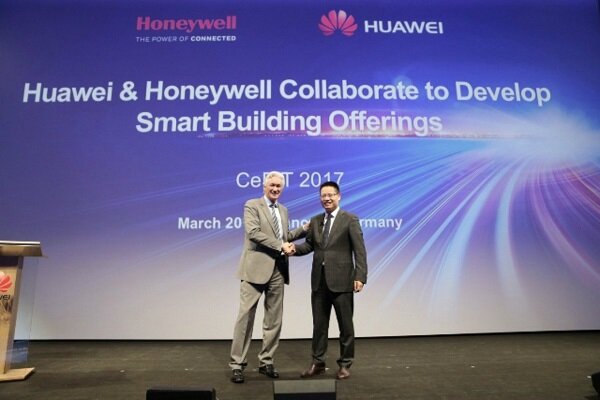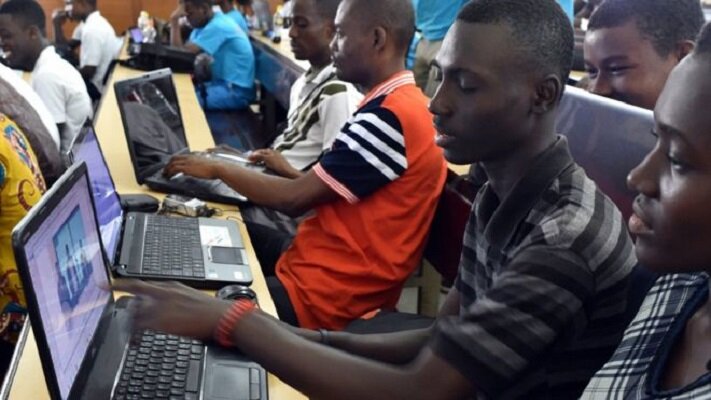Huawei and Honeywell in global smart cities partnership
By Claire Wanja
Huawei has partnered with American based technology firm Honeywell Home and Buildings Technologies to introduce smart building offerings as a viable solution to address urban development pressures.
Through this collaboration, the two companies will jointly pursue large-scale smart city projects globally to help city administrators build intelligent urban infrastructures that enable them to control costs while making their cities desirable and functional for their residents.
Adam Lane, Huawei Senior Director, Public Affairs in Kenya said that as urban migration accelerates and megacities across Africa begin to emerge, partnerships in ICT infrastructure will be the innovation gene that underpins the future of the continent’s urban development.
“The growth of the Sub-Saharan and indeed the Kenyan economy over the last two decades has been phenomenal. But the subsequent transition from rural to urban based economies continues to place immense pressure on Africa’s large cities. As the continent’s economic growth gives rise to megacities, the demand for sustainable and smarter infrastructure will require a major shift in the building and construction industry. This partnership between Honeywell and Huawei is a perfect example of how the convergence in ICT will revolutionize our buildings and give rise to the megacities of the future,” said Mr. Lane.
Utilizing the latest Internet of Things (IoT) technologies, Huawei and Honeywell will construct buildings that will be more stable, secure and energy efficient. IoT is a network of physical objects that use embedded technology to send and receive data without the intervention of human beings.
Kenya has kicked off a number of smart city projects with the Government driven Konza Techno City as the flagship initiative.
The backbone of the announced collaboration is a new IoT Gateway that is under development by Huawei. It is built on Tridium’s (Honeywell’s independent business) Niagara Framework® and collects and analyzes data from buildings to provide detection, deduction, determination and decision-making capabilities to customers.
The IoT Gateway solution will greatly improve building intelligence by providing functions such as; access control, intrusion monitoring, and disaster detection in the security and safety field. It also offers energy saving features, with functions like cooling and heating control, natural resource usage, and electric appliance management. It also provides illumination, transportation, and communication control for efficiency and convenience.
The integration of Huawei’s technological strengths with those of Honeywell will leverage on powerful channels and an ecosystem where the two organisations can jointly explore business opportunities in Africa and other growing regions.
In an aging world, Africa comprises 15 percent of the global population and wields the advantage of possessing a young and growing populace driven by technology. More than half of the global population growth from now until 2050 is expected to stem from the continent thus furthering the need for a global, connected system.
“Being Fortune 500 enterprises with strong R&D and innovation capabilities, Huawei and Honeywell are both committed to creating products and solutions that address our customer needs and allow them to take full advantage of the benefits associated with digital transformation. The Huawei Smart Building Solution will deliver higher quality services to global customers and enhance energy efficiency,” said Kevin Hu, President of Huawei Switch & Enterprise Gateway Product Line.
The partnership that was announced at CeBIT 2017, the world’s largest ICT exhibition held in Hannover Germany, is one of the many joint ventures that the two companies have been involved in.
Other previous collaborations between Huawei and Honeywell are; the Longgang Smart City project in the district of Shenzhen in China where Honeywell provided traditional building automation systems and Huawei provided ICT infrastructures including data centers and cloud services, and also in the fields of smart cities, connected buildings, smart energy and industrial IoT.





